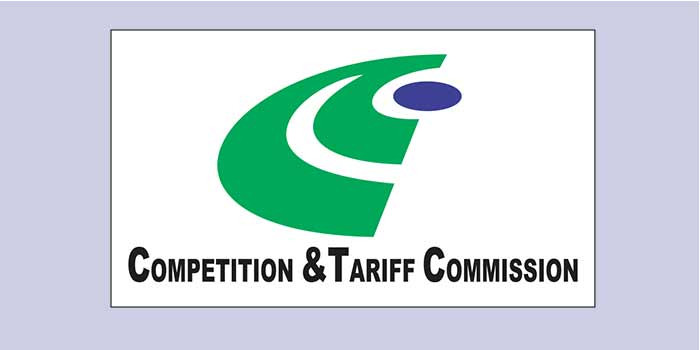
THE Competition and Tariff Commission (CTC) says businesses facing unfair competition in the industry must report such practices to trigger an investigation into the conduct.
The call comes amid growing informalisation which is now eating into the revenue of formal businesses. This has resulted in some companies either closing branches or entering into corporate rescue.
The increased informalisation is being fuelled by the smuggling of grocery items and clothes.
In an interview with NewsDay Business, CTC senior research officer Prosper Ziyadhuma said the commission wanted to investigate parties that are engaged in uncompetitive practices.
“We will try to make sure that our local manufacturers are selling their product and that they are not facing unfair competition or unfair higher prices that are coming from outside,” he said.
“We now take up the formal application, do our investigation, re-engage, involve other stakeholders in that industry. Then, it’s a process of investigation.
“...If they [local manufacturers] suspect or if they have good evidence to say that there is a suspected or alleged dumping, they come to the commission.”
Ziyadhuma said the commission was open to such reports which they would analyse and recommend to the parent ministry on the next course of action.
- CTC approves six mergers
- CTC approves six mergers
- Dairibord inks deal after Dendairy flop
- Dairibord inks deal after Dendairy flop
Keep Reading
“So, our work is doing the investigation and the assessment of tariffs for certain products as it is our mandate to ensure fair competition,” he said.
“What we want is our local manufacturers to operate in an environment where there is fair competition.”
He urged local manufacturers to be efficient, more competitive regionally as the country was a member of numerous trading blocs.
These include the Common Market for Eastern and Southern Africa, Sadc and the Africa Continental Free Trade Area.
“We are now talking about issues to do with efficiency, cost of production. But, for us, what we do is we intervene through the use of tariffs,” Ziyadhuma said.
“We will look to see this product [and say] ‘is it being imported using the actual tariffs that are prescribed through trade agreements‘? In as much as we are supporting all the work that we do, we are going to make sure that our local manufacturers are selling their products.”










